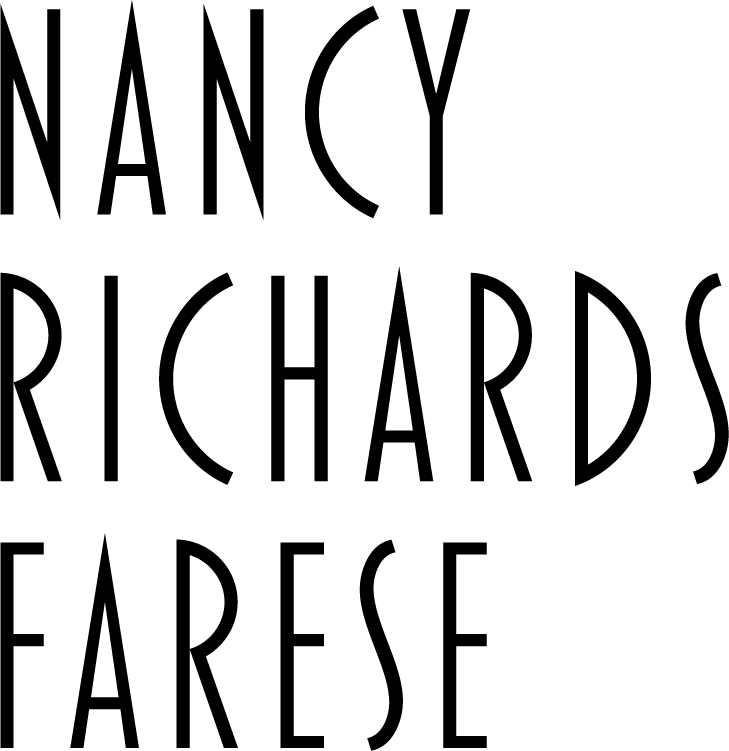Originally published on The Huffington Post
Imagine if there was a knock on your door and you opened it to find LeBron James. He smiles, walks into your living room, and begins discussing HIV. He covers testing, and the power of knowing your status. Then he moves on to circumcision, telling you the science is clear that it leads to decreased transmission, and he even offers that he has had this procedure himself. He wants you, a 15-year-old, to get educated and get tested, along with everyone in your family. You listen closely. He invites you to come out and play ball with him sometime, then leaves to knock on the next door.
These are the conversations that Grassroots Soccer (GRS) staff and soccer heroes — pro players from The Bantus and local club team stars — are having in the living rooms of everyday Zimbabweans. Soccer is huge here, and so are HIV infection rates — at 15 percent of the population some of the highest in the world. GRS is spinning this positive by signing on local soccer stars as ambassadors and mentors for young people on the cusp of sexual activity. By working through the schools, soccer tourneys and communities GRS talks frankly about how the infection is spread, encourages testing to know your status, and unabashedly airs the stigma of being positive. Every family here knows the impact of this disease, and in fact many of the children were born HIV+. The combination of disease, poverty and radical political instability has cut the life span in Zimbabwe in half in 10 years, from 69 to 39; a staggering change. Given what is at stake, this is no time to be squeamish, so the conversations about safe sex and disease transmission are candid and practical.
When I arrive to photograph for GRS in Zimbabwe I fly into Bulaweo, and what surprises me most are the brilliant Jacaranda trees in perfect, purple bloom; they seem almost frivolous against the tired buildings and dusty sidewalks. The purple skirting defines every street in downtown with a festive and reassuring order, like ruffles on an elegant but faded petticoat. The trees reference the colonial influence and times of relative plenty, when Zimbabwe was “the bread basket of Africa”, and renowned for an extraordinary school system. “It used to be what Rwanda is today”, people tell me, the African darling of the international development and investment world. Zimbabwe now imports most of its food and its energy, its basic industries have largely collapsed, and unemployment is 80% despite massive immigrant flight out of the country. The political tension is like a wire running through the community that everyone seems adept at bending under and around, while earnestly praying that it doesn’t cut you off at the neck. Despite these challenges, a remarkable team of people are quietly going about the business of tackling AIDs.
I’m fascinated by the local names I’m hearing - “Primrose”, “Godknows”, “Mother of Love”, “Bastard”. Through GRS I meet Rejoice, who at 21 is a dynamo soccer player and GRS coach and mentor. She gathers her 9th grade girls around her to play a game about choices, and she carefully lines up 5 tennis balls labeled with the things we don’t have choices about (bathing, eating, school, etc). Next in line comes the big soccer ball labeled SEX, followed by 3 other tennis balls labeled with the repercussions of having sex that we can make choices about- HIV, unwanted pregnancy, STDs. The balls begin to fly around the circle of giggling girls who must identify what they will do to keep themselves healthy. Scattered on the red dirt field are similar clusters of boys talking seriously one moment, erupting into soccer chants and games the next. So far, GRS has engaged 41,000 kids in Zimbabwe using soccer as a hook to stop the spread of AIDS in this population, and they are working in other countries in Southern Africa as well. When Rejoice tells me that they intend to be a “disease free generation”, it is her determination and quiet leadership that hooks me in, and I want to be on her team.
This story is about play only on the edges; at its core it is about a web of connectivity built by strands of human empathy, creative problem solving, respect for the complexity of a deeply embedded problem, and a recognition of the universality of play. Article 31 of The UN Convention on the Rights of The Child recognizes a child’s right to play. Grassroots Soccer is acting on that right, and is using play as both a tool - to inform, to heal, to empower- and an outcome for a happier, more peaceful community. What you need to know is that it is working.







